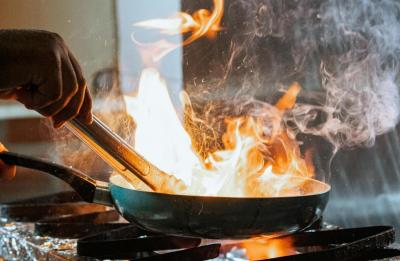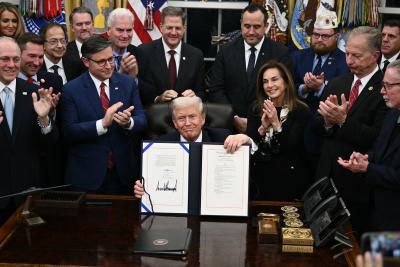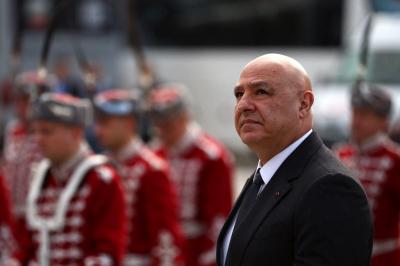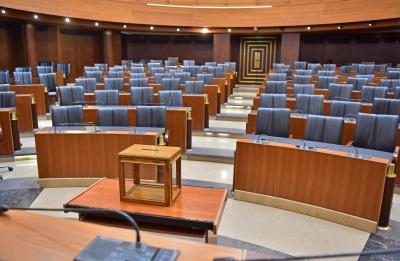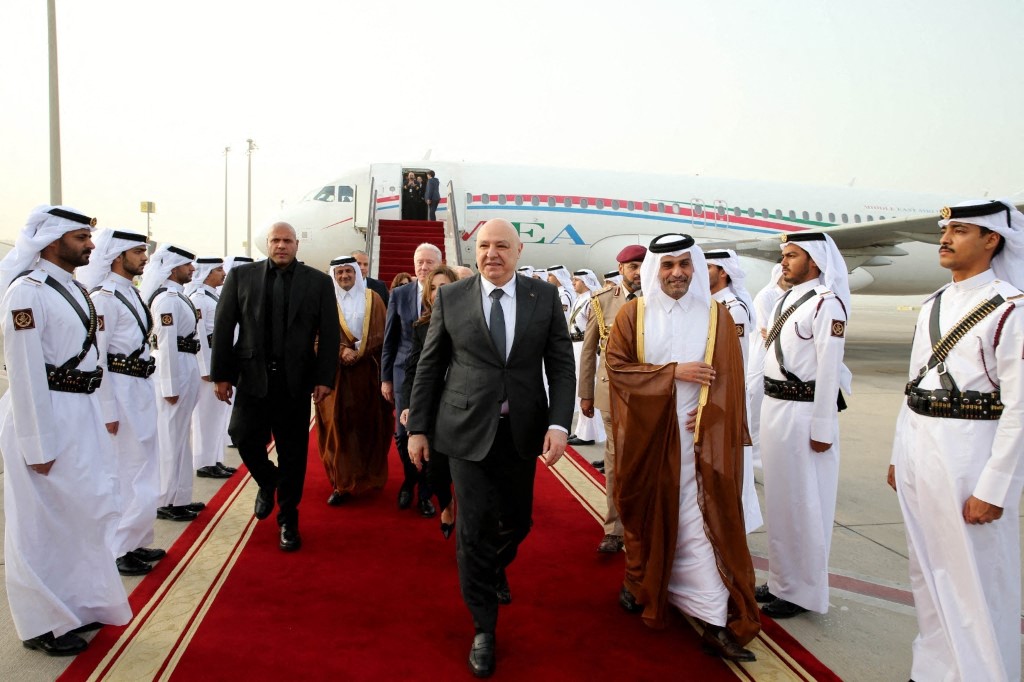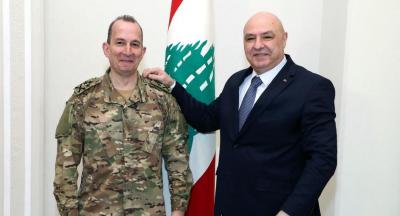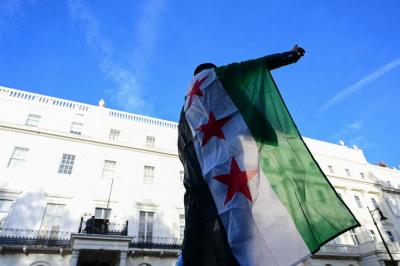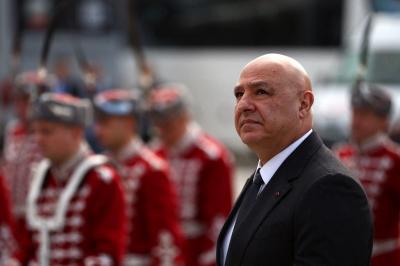Lebanon's President Joseph Aoun has embarked on an unprecedented diplomatic campaign across the Arab world, visiting Saudi Arabia, Qatar, the United Arab Emirates, Kuwait, and Egypt. Each stop has been carefully calibrated to restore Lebanon's standing, secure economic support, and, crucially, to build a regional consensus around the need to reestablish Lebanese state sovereignty, especially regarding the disarmament of all non-state actors, including "Hezbollah."
Since taking office in January 2025, Aoun's visits have marked a clear break from years of Lebanese isolation and strained relations with the Gulf and broader Arab world.
Aoun was able to restore bilateral ties with Saudi Arabia after years of tension. The visit resulted in renewed hopes for Lebanon's economic recovery and political stability amid its ongoing financial crisis. Aoun signed 22 agreements covering trade, agriculture, transport, finance, education, cultural exchange, defense, and combating terrorism. Saudi Arabia's support is seen as essential for unlocking investments and rebuilding Lebanon's battered economy.
In Qatar, Aoun secured backing for Lebanon's post-war recovery and emphasized the importance of strengthening state institutions. Qatar's role as a regional mediator and economic partner reinforces Lebanon's efforts to regain stability and attract international aid and investments.
The UAE visit was marked by the lifting of a travel ban imposed after "Hezbollah's" involvement in regional conflicts. The two countries agreed to convene a bilateral business council to explore investment opportunities. The Abu Dhabi Fund for Development planned to assess joint project opportunities, and the UAE's Knowledge Exchange Office offered support for Lebanese government reforms.
Kuwait, currently presiding over the Gulf Cooperation Council, welcomed Aoun with an emphasis on historic fraternal relations. The visit aimed at rebuilding trust after years of diplomatic strain. The Lebanese diaspora's strong presence in Kuwait was also highlighted as a bridge for renewed engagement. Discussions included strengthening bilateral agreements and joint Arab action on regional challenges
Finally, in Egypt, Aoun discussed with President Abdel-Fattah al-Sisi military and economic cooperation. Egypt's support for strengthening the Lebanese Army and its willingness to assist in reconstruction and energy projects positions Cairo as a vital partner in Lebanon's stabilization efforts.
The first result of the visits was the restoration of Arab trust and support, as Lebanon's return to the Arab fold after years of diplomatic isolation caused by Hezbollah’s influence and political crises was a central theme across all visits. Arab states expressed readiness to support Lebanon's sovereignty, stability, and economic recovery, contingent on Lebanon's commitment to reform and disarmament.
Aoun consistently reaffirmed Lebanon's commitment to monopolize arms and bring all militias under state control, including Palestinian factions and "Hezbollah." While acknowledging the challenges ahead, he emphasized dialogue and cooperation with regional partners, including the Palestinian Authority, whose president's visit to Beirut soon followed Aoun's diplomatic tour.
The visits paved the way for renewed investments, trade agreements, and development aid aimed at addressing Lebanon's critical infrastructure needs, such as energy, ports, and airports. Arab countries signaled willingness to participate in Lebanon's reconstruction, moving beyond humanitarian aid to long-term economic partnerships.
Overlaying these regional overtures is the unprecedented visit of Palestinian Authority President Mahmoud Abbas to Beirut. Abbas and Aoun jointly declared that the era of weapons outside Lebanese state control must end, with PLO factions pledging to refrain from using Lebanon as a launchpad for attacks. Other factions agreed, in principle, to disarmament under Lebanese authority but demanded they be included in bilateral coordination. This move is a crucial test case: if the state can successfully bring Palestinian arms under control, it will set a precedent and build legitimacy for the far more daunting task of confronting "Hezbollah."
In the meantime, Deputy U.S. Envoy to the Middle East Morgan Ortagus outlined a "big plan" for Lebanon's economic recovery, pending economic and financial reforms.
Based on all that, many see 2026 as the beginning of Lebanon's return to the fold of the international community.
Please post your comments on:
[email protected]
 Politics
Politics

